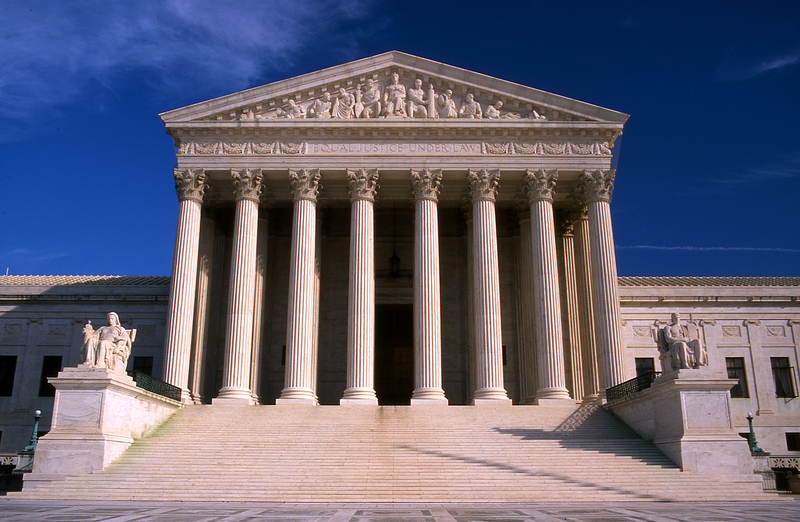
The US Supreme Court delivered a significant victory to Black voters in Alabama by ruling against a Republican-drawn electoral map. The court found that the map violated the 1965 Voting
Rights Act, a crucial federal civil rights law that prohibits racial discrimination in voting. The decision paves the way for the creation of a second congressional district in Alabama with a Black majority or near-majority.
In a 5-4 ruling, Chief Justice John Roberts authored the opinion, joined by conservative Justice Brett Kavanaugh and liberal Justices Sonia Sotomayor, Elena Kagan, and Ketanji Brown Jackson. The Supreme Court declined to roll back protections contained in the Voting Rights Act, as it had done in previous major rulings. The focus of the decision was Section 2 of the Voting Rights Act, which aims to counter measures that result in racial bias in voting, even in the absence of racist intent.
The case centered around a map approved by the Republican-controlled state legislature in 2021, which defined the boundaries of Alabama's seven US House of Representatives districts. The map included one majority-Black district and six majority-white districts, despite Black people comprising 27% of Alabama's population.
The Supreme Court upheld the lower court's order that Alabama must create a second House district where Black voters can hold a majority or a close approximation. This decision represents a shift from an emergency ruling issued last year that allowed Alabama to use the disputed map for the 2022 congressional elections, in which Republicans gained control of the House from Democrats.
The implementation of the new congressional map, expected for the 2024 elections, could enhance Democratic efforts to regain a majority in the House, which is currently controlled by Republicans with a narrow 222-212 margin.
US Attorney General Merrick Garland applauded the ruling, stating that it rejects attempts to undermine fundamental voting rights protections and upholds the principle that all eligible voters should be able to exercise their constitutional right to vote without discrimination based on race.
The Voting Rights Act was enacted during a time when Southern states, including Alabama, implemented policies to prevent Black people from voting. However, race continues to be a contentious issue in American politics and society today.
Previously, conservative states and groups had succeeded in narrowing the scope of the Voting Rights Act through Supreme Court decisions. The court's 2013 ruling in another Alabama case struck down a key provision that determined which states with a history of racial discrimination needed federal approval to modify voting laws. In a 2021 ruling supporting Arizona's Republican-backed voting restrictions, the court made it more challenging to prove violations under Section 2 of the Act.
The Black voters and advocacy groups who filed the lawsuit in Alabama argued that the state's map diminished the influence of Black voters by concentrating their voting power in one district while dispersing the remaining Black population in other districts, where their numbers were too small to form a majority. Last year, a three-judge federal court panel ruled in favor of the challengers.
Abha Khanna, who argued the case on behalf of the challengers, expressed gratitude for the court's recognition of Alabama's redistricting scheme as a clear violation of the landmark civil rights law.
The Supreme Court, with its conservative majority, seemed to lean in favor of Alabama based on the questioning during the oral arguments in October. Therefore, the unexpected alignment of Roberts and Kavanaugh with the liberal justices in upholding the Voting Rights Act is seen as a surprising and positive outcome for minority voters. Photo by Jeff Kubina, Wikimedia commons.






































